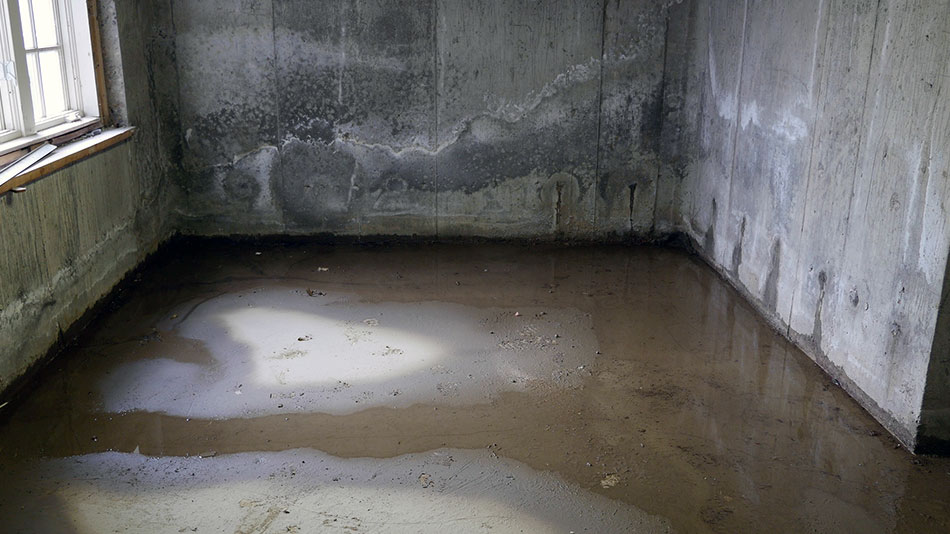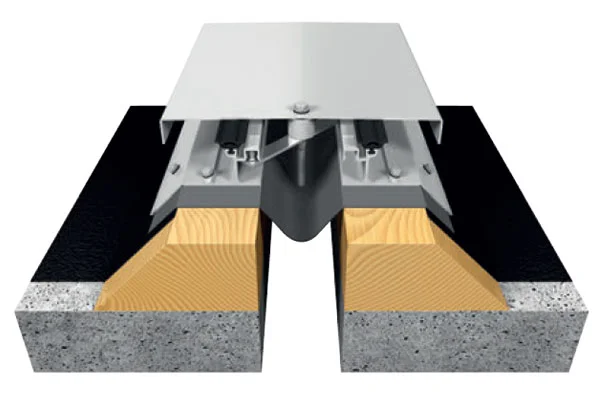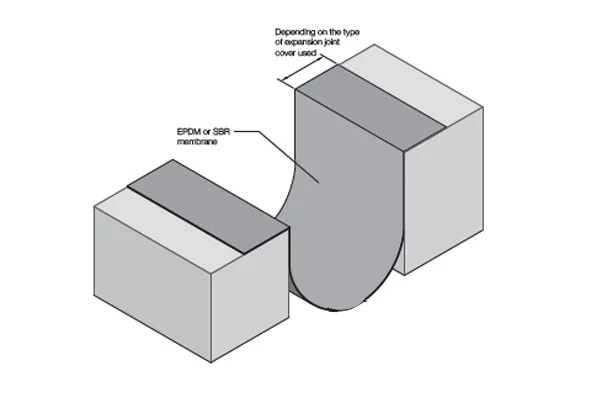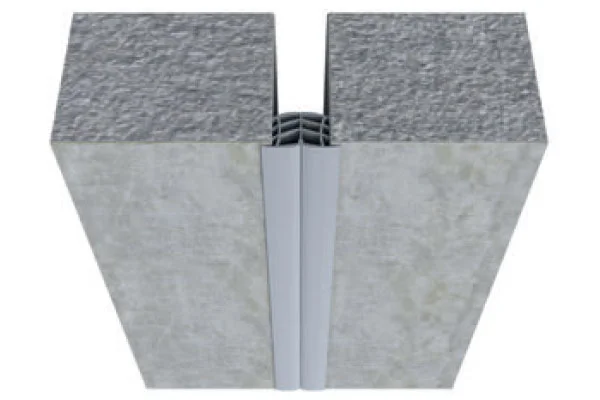

Key Takeaways
- Flood sensors can prevent substantial repair costs from basement flooding, improving long-term property value.
- Insurance premiums may decrease with the installation of flood sensors due to reduced claim risks.
- High-end sensors offer advanced features like mobile alerts and smart technology integration for proactive flood prevention.
- Regular maintenance is essential for sensor performance, with costs varying between wireless and wired sensors.
- Cost-benefit analysis should compare sensor costs against potential savings from preventing flood damage.
Understanding Basement Flood Sensors
You might wonder what basement flood sensors are and how they work. They’re nifty devices designed to detect water in places it shouldn’t be. When a flood sensor spots the unwelcome water, it sends an alert, giving you a chance to take action before the damage becomes too severe.
Flood sensor features can vary, but most have a water detection component, a power source, and a way to alert you. Some sensors can even link to your home security system or smart home device, providing real-time updates.
But, just like any other gadget, your flood sensor needs regular upkeep. Don’t worry, sensor maintenance tips are straightforward. Test your sensor regularly to verify it’s working. Most sensors have a test button for this.
Also, keep the sensor clean. Dust and dirt can affect its sensitivity, potentially leading to false alarms or, worse, no alarm at all. Finally, if your sensor uses batteries, replace them annually.
Understanding your flood sensor, its features, and how to maintain it can spare you a lot of stress. It’s your early warning system, giving you a fighting chance against water damage.
The Cost of Basement Flooding
You mightn’t realize just how costly a basement flood can be.
It’s not just about evaluating the immediate damage expenses, but also considering the impact on your property value.
Don’t forget to check your insurance policy too, as there might be limitations on what they cover for basement flooding.
Evaluating Flood Damage Expenses
When a basement flood creeps up on you, it can drain your wallet faster than you’d think. Water damage isn’t just a mess to clean up; it’s a financial burden. The flood repair bills can be astonishing, and if you’re not prepared, they can feel downright devastating.
Damage prevention is vital to saving money in the long run. Regular property inspections can identify weak points before a disaster strikes, reducing potential maintenance expenses. Emergency response, too, is important in mitigating the extent of the damage. The quicker you act, the less severe the water damage will be, resulting in lower restoration costs.
Even with these measures, the cost of a flood can still pile up. Restoration costs aren’t just about drying out your basement; they also include repairing any damaged structures and replacing ruined items.
It’s important to understand your insurance policy because not all insurance claims for water damage are accepted. Some policies exclude certain types of flooding, leaving you to shoulder the cost.
In essence, the expenses associated with basement flooding are extensive. Investing in prevention measures, like flood sensors, can be a financially sound decision.
Impact on Property Value
Beyond immediate repair costs, basement flooding can have a long-term impact on your property value. It’s not just about the visible damage. Flooding can affect property aesthetics, from water stains to mold growth, which can deter potential buyers and reduce your resale potential.
Buyer perception is greatly influenced by flood history. If you’re battling against market trends where buyers are increasingly risk-averse, a history of flooding signals potential future problems. This perception can negatively affect your neighborhood value, as potential buyers might think twice before investing in a flood-prone area.
Investment return becomes another concern. You’ve spent time and money improving your property, but if flooding undermines your efforts, you’re unlikely to see a solid return on your investment.
Moreover, the risk assessment for your property changes with a history of basement flooding. Future buyers, and their mortgage lenders, will view your property as a higher risk, which could limit the pool of interested parties or result in lower offers.
Insurance Coverage Limitations
Dealing with basement flooding can deliver a harsh blow to your wallet, especially considering the limitations often associated with insurance coverage.
It’s not enough to just have an insurance policy; you need to understand its ins and outs. Certain coverage exclusions might leave you footing the bill for water damage. Your policy may not cover flooding at all unless you’ve specifically added flood insurance.
Moreover, your policy’s claim limits mightn’t cover the full cost of flood damage, leaving you to cover the remainder. As well, premium increases are a common aftermath of flooding claims. This is due to the risk evaluation performed by your insurance company, which may deem your home more liable to future flooding.
Consider your deductible amounts as well. If these are high, you’ll be paying a significant portion of the repair costs out of pocket.
Don’t forget about policy enhancements either. For instance, some policies offer enhanced coverage for sump pump failures—a common cause of basement flooding.
In the end, understanding your insurance coverage’s limitations is vital in determining the true cost of basement flooding.
How Flood Sensors Work
Understanding how flood sensors work is easier than you might think. These devices are designed to detect water intrusion in your basement and alert you before significant damage occurs. Sensor placement and regular maintenance are key to their functionality.
The sensor operates by using two or more probes. When water bridges the gap between these probes, it completes an electrical circuit, triggering an alert. This could be a loud alarm, a flashing light, or even a notification on your smartphone, depending on the model you choose.
Here are some key aspects to take into account:
- Sensor placement is vital. Install them in the lowest part of your basement where water is likely to accumulate first.
- Regular maintenance is essential. Test your sensors periodically to confirm they’re working properly.
- Sensors can be either battery-powered or plugged into an outlet. Battery-powered units require regular battery changes.
- Most sensors have an alarm system that sounds when water is detected.
- Some advanced models can connect to your home security system or smartphone for immediate alerts.
With proper placement and maintenance, a flood sensor can provide you with peace of mind and save you from potential disaster.
Types of Basement Flood Sensors
Now, let’s explore the various types of basement flood sensors.
You’ll learn the differences between sensor technologies, the pros and cons of wireless versus wired options, and compare affordable and high-end models.
This knowledge can guide you to an informed decision on the best sensor for your home’s needs.
Understanding Different Sensor Technologies
Your home’s defense against water damage starts with choosing the right flood sensor, especially for vulnerable areas like the basement.
But understanding different sensor technologies is essential to make the best choice. Each sensor type has unique features, sensor accuracy, and maintenance requirements.
Consider these important aspects while choosing your flood sensor:
- Sensor Accuracy: Choose a sensor that provides precise readings. It’s the key to timely detection and action.
- Maintenance Requirements: Some sensors demand regular upkeep. Consider this if you’re not a fan of frequent maintenance.
- Installation Process: Opt for sensors that are easy to install and don’t require professional help.
- Sensor Lifespan: Durable sensors might cost more upfront, but they’re worth the investment in the long run.
- Alert Mechanisms: Sensors with loud alarms or smartphone notifications provide real-time updates.
Wireless Vs Wired Sensors
When it comes to basement flood sensors, you’re likely to encounter two common types: wireless and wired sensors. Each has its strengths and weaknesses, influenced by factors such as sensor accuracy, installation challenges, maintenance requirements, sensor range, battery longevity, alert systems, integration options, and environmental factors.
Wireless sensors are generally easier to install and can be placed anywhere within their sensor range. However, their accuracy might be affected by environmental factors, and they rely on battery power, which requires regular checks for maintenance.
Wired sensors, on the other hand, are usually more accurate and don’t depend on battery power. Yet, they come with installation challenges and their location is limited by wiring constraints.
Take a look at the following comparison:
| Wireless Sensors | Wired Sensors | |
|---|---|---|
| Accuracy | May be affected by environmental factors | Usually more accurate |
| Installation | Easier, no wires | More complex, requires wiring |
| Maintenance | Regular battery checks required | Less maintenance, no battery |
Choosing between wireless and wired sensors depends on your specific needs and circumstances. Consider the factors mentioned above to make a decision that’s right for you.
Affordable Versus High-End Options
While considering the type of basement flood sensor to install, you’ll find options ranging from affordable to high-end. Your choice will largely depend on your budget considerations and specific needs.
Affordable sensors offer basic features, like water detection and alarms. They’re simple, easy to install, and can provide a layer of security against basement flooding. However, they may lack advanced features and have limited longevity compared to high-end models.
High-end sensors, on the other hand, offer more sophisticated features. They can send alerts to your phone, integrate with your home’s security system, and even shut off your water supply if a leak is detected. While these advanced features can provide peace of mind, they also come with a higher price tag.
To help you decide, consider the following:
- Your budget: How much are you willing to invest in a flood sensor?
- The size of your basement: Larger spaces may require more sensors, affecting your budget.
- Feature comparisons: What specific features do you need?
- Installation process: Can you install it yourself or do you need professional help?
- Long-term costs: Consider maintenance costs and potential replacement expenses.
In the end, it’s about finding a balance between cost and features that works for you.
Installation Process for Flood Sensors
Kicking off the installation process for flood sensors doesn’t have to be an intimidating task. Armed with a few installation tips, it’s something you can tackle with confidence. It’s all about understanding sensor placement and following the manufacturer’s instructions.
Start by determining where water is likely to accumulate first in your basement. This is typically the lowest point, and that’s where you’ll want to place your sensor. But don’t stop there. It’s a good idea to have multiple sensors in different areas to cover all your bases.
Next, verify your sensor is installed close to the floor since it’s the first place water will reach. Most sensors come with brackets or adhesive strips to secure them in place. Make sure the surface is clean and dry before sticking them on.
Confirm that the sensor is working properly by following the testing procedure outlined in the product manual. This usually involves simulating a flood event and checking if the sensor sends an alert.
Remember, installation is just the first step. Regular maintenance is essential to verify your sensor keeps working effectively. Don’t forget to replace batteries as needed and occasionally test the system.
There you have it, a simplified guide to installing your basement flood sensor. It’s a small investment of time for significant peace of mind.
The Role of Smart Technology
So, you’ve got your flood sensor installed and running smoothly. Now, let’s explore the role of smart technology in taking your flood sensor from a simple alert system to a fully integrated part of your smart home.
Smart technology allows your flood sensor to do more than just sound an alarm. With smart home integration, your flood sensor can send real-time alerts to your mobile device or computer. User-friendly interfaces make it easy to set up and control your flood sensor remotely.
Consider these additional benefits of smart technology:
- Automated responses: Your flood sensor can trigger other smart devices, like sump pumps or dehumidifiers, to spring into action.
- Remote monitoring: Check on your basement’s status from anywhere, at any time.
- Energy efficiency: Smart devices optimize their power usage, saving you money.
- Predictive analytics: Your flood sensor can analyze data over time to predict potential flooding scenarios.
- Maintenance reminders: Your device will let you know when it’s time for a checkup or battery replacement.
Smart technology truly transforms your flood sensor into an invaluable tool in flood prevention and detection.
Benefits of Flood Sensors
Your basement’s flood sensor isn’t only a smart gadget; it’s your first line of defense against potential water damage. It’s a vital part of your flood prevention strategies. This small device can detect the slightest changes in moisture levels, providing an early warning system before the situation gets out of hand.
Think about it. If a pipe bursts in the middle of the night, you’d want to know about it ASAP, right? That’s where the flood sensor comes in. It sends an alert directly to your phone, allowing you to take immediate action. This early warning system can save you the hassle, heartache, and high costs of extensive water damage repairs.
Moreover, these sensors give you peace of mind. You can sleep better knowing that you’re protected against sudden water threats. And, if you’re away from home, you can arrange for help remotely to handle the situation.
In short, flood sensors are a valuable addition to your home – providing early warnings, minimizing potential damage, and granting you peace of mind. They’re not just smart; they’re a wise investment for preserving the integrity of your home.
Potential Drawbacks to Consider
While flood sensors offer significant benefits, it’s important to also consider some potential drawbacks.
Sensor maintenance and placement can often be challenging and require considerable time and effort. Here are some key points you should keep in mind:
- Sensor maintenance tips: Regular upkeep is necessary to guarantee the sensor’s effectiveness. Failing to do so might result in false alarms or no alarms at all.
- Sensor placement strategies: Incorrect positioning could lead to ineffective flood detection. Positioning your sensor in low-lying areas where water can accumulate is essential.
- False alarms: Sensors may sometimes trigger false alarms due to humidity or other environmental factors, causing unnecessary worry.
- Installation costs: In addition to the sensor’s price, you might need to factor in installation costs, especially if you’re not comfortable doing it yourself.
- Limited lifespan: Like any piece of technology, flood sensors don’t last forever. You’ll need to factor in the cost of replacement after a few years.
Making an Informed Decision
When it comes to making an informed decision, you’ll need to weigh all the factors you’ve gathered. It’s not just about the cost or the brand of the flood sensor. It’s also about the effectiveness of flood prevention strategies and the reliability of your emergency response plans.
Consider these aspects:
- The sensor’s functionality: Does it provide real-time monitoring? Can it be integrated into your home automation system?
- The cost versus the potential savings: Can the expense of a sensor be offset by prevented flood damage?
- Your home’s susceptibility to flooding: Is your basement prone to flooding? How severe can it get?
- Your flood prevention strategies: Do you have an effective and reliable strategy in place? Does it cater to different flood scenarios?
- Your emergency response plan: Is it robust enough to handle a flooding incident? Are you prepared to act swiftly when the sensor alerts?
There’s no one-size-fits-all answer. Your decision to invest in a basement flood sensor should be based on a careful evaluation of your situation, your prevention strategies, and your preparedness for emergencies.
Frequently Asked Questions
Can Basement Flood Sensors Detect Other Types of Water Leaks?
Yes, you can count on basement flood sensors to detect other types of water leaks.
These devices are designed for broad water detection, not just flooding. So, if you’ve got a leaky pipe or a dripping appliance, they’ll catch that too.
They’re fundamentally your first line of defense in leak prevention. Consequently, it’s not just about protecting against catastrophic floods—it’s also about spotting those small leaks before they become big problems.
Are There Battery-Operated Basement Flood Sensors Available?
Yes, there are battery-operated basement flood sensors available.
These wireless options are handy if you’re not keen on dealing with wires. They’re easy to install too. Just place them in areas where water leaks are likely to occur.
Don’t forget to check the batteries regularly though. It’s a small task that’ll save you from a potential basement flood. It’s a case of better safe than sorry!
Do I Need Professional Help for Maintaining My Flood Sensor?
You don’t necessarily need professional help for maintaining your flood sensor.
It’s pretty straightforward. You’ll want to regularly check your sensor’s batteries and test its functionality.
If it’s a complex system that requires professional installation, then you might need some assistance.
However, most sensors are user-friendly.
Just keep up with the manufacturer’s recommended maintenance, and you’re likely to keep it running smoothly.
Can Flood Sensors Be Integrated With a Home Security System?
Absolutely, you can integrate flood sensors with your home security system.
Depending on the sensor types you choose, some can even directly connect to your system.
There’s a variety of wireless options that are easy to install.
Just remember, proper placement is key. You’ll want to put them in spots where water is likely to collect first.
It’s an investment in protecting your home and gives you peace of mind.
What Should I Do if the Flood Sensor Triggers a False Alarm?
If your flood sensor triggers a false alarm, don’t panic.
First, check the area for any signs of water. If it’s dry, your sensor might be malfunctioning.
Try resetting it. If it’s still causing issues, you may need to troubleshoot the sensor or contact a professional for help.
Remember, it’s better to deal with a few false alarms than to miss a real flood.
Stay proactive in your false alarm response and sensor troubleshooting.
Conclusion
To summarize, you’ll find that investing in basement flood sensors is a wise move. These devices can save you a ton of money by preventing costly water damage. They’re also a cinch to install and can easily be integrated into your smart home system. So, while there may be a few drawbacks, the benefits far outweigh them. Take the time to compare brands and prices, and you’ll see that a flood sensor is definitely worth the investment.








